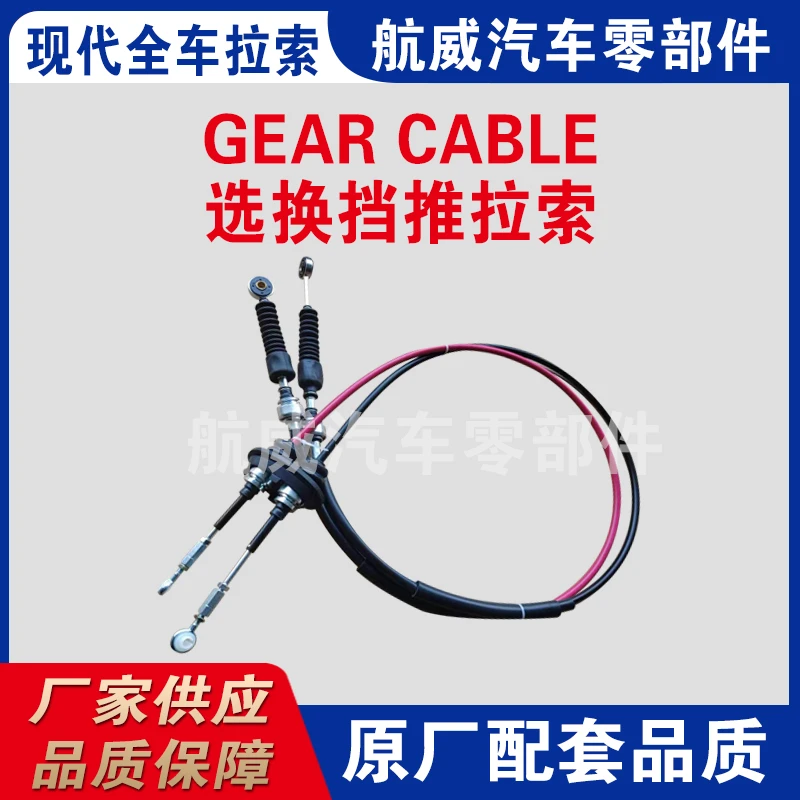clutch fluid pipe
Understanding the Importance of Clutch Fluid Pipes in Automotive Systems
The clutch fluid pipe, though often overlooked in discussions about automotive mechanics, plays a critical role in the overall functionality and performance of a vehicle's clutch system. This article aims to shed light on the significance of clutch fluid pipes, how they work, and the implications of their maintenance.
What is a Clutch Fluid Pipe?
In automotive terms, the clutch fluid pipe is a conduit responsible for transporting hydraulic fluid between the clutch master cylinder and the slave cylinder. The clutch system operates on hydraulic principles, utilizing fluid pressure to engage and disengage the clutch. When a driver presses the clutch pedal, the master cylinder generates hydraulic pressure that travels through the fluid pipe to the slave cylinder. This action allows the clutch to separate from the engine, enabling smooth gear shifts.
The Role of Clutch Fluid Pipes
The primary function of clutch fluid pipes is to maintain a continuous and leak-free flow of hydraulic fluid. A well-functioning clutch system is crucial for the following reasons
1. Efficient Gear Shifting A properly maintained clutch fluid pipe ensures that the driver can shift gears smoothly without facing resistance or delays.
2. Reduced Wear and Tear Ensuring that the hydraulic system remains intact minimizes wear on various components of the vehicle, prolonging the life of the clutch assembly.
3. Safety A malfunctioning clutch fluid pipe can lead to sudden clutch failure, which can compromise vehicle safety and control.
Signs of Trouble
Like any other component in vehicle systems, clutch fluid pipes are subject to wear and can develop problems
. Here are common indicators that the clutch fluid pipe may need attentionclutch fluid pipe

- Spongy Clutch Pedal If the pedal feels soft or spongy, it could indicate air in the system or a leak in the fluid pipe.
- Difficulty in Engaging or Disengaging the Clutch If the clutch does not engage smoothly or you experience grinding when shifting gears, it may signal a hydraulic issue.
- Fluid Leaks A visible leak around the fluid pipe or near the master or slave cylinder is a clear sign that the pipe has been compromised.
Maintenance Tips
To ensure the longevity of clutch fluid pipes and the entire clutch system, regular maintenance is essential. Here are some key tips
1. Regular Inspections Regularly check the condition of the fluid pipes, looking for signs of wear or damage, and replacing them as needed.
2. Fluid Changes The hydraulic fluid should be changed according to the manufacturer’s recommendations to prevent contamination and ensure optimum performance.
3. Address Leaks Promptly If you notice any leaks, it is crucial to address them immediately to avoid more significant issues down the line.
4. Professional Service While some DIY enthusiasts may attempt to handle clutch issues independently, it is often best to consult with a qualified mechanic to diagnose and repair complex problems.
Conclusion
In summary, while clutch fluid pipes may not command much attention during discussions of automotive maintenance, they are vital to the safe and effective operation of a vehicle's clutch system. By understanding their role and monitoring their condition, drivers can ensure a more enjoyable and safer driving experience. Regular maintenance, keen observation of symptoms, and timely repairs can keep the clutch functionality optimal, allowing for smoother gear changes and extending the life of the clutch assembly. Keeping a well-maintained clutch fluid pipe is not just about performance; it is also about ensuring the safety and reliability of your vehicle on the road.
-
Workings of Clutch Pipe and Hose SystemsNewsJun.04,2025
-
The Inner Workings of Hand Brake Cable SystemsNewsJun.04,2025
-
The Secrets of Throttle and Accelerator CablesNewsJun.04,2025
-
The Hidden Lifeline of Your Transmission Gear Shift CablesNewsJun.04,2025
-
Demystifying Gear Cables and Shift LinkagesNewsJun.04,2025
-
Decoding Clutch Line Systems A Comprehensive GuideNewsJun.04,2025
